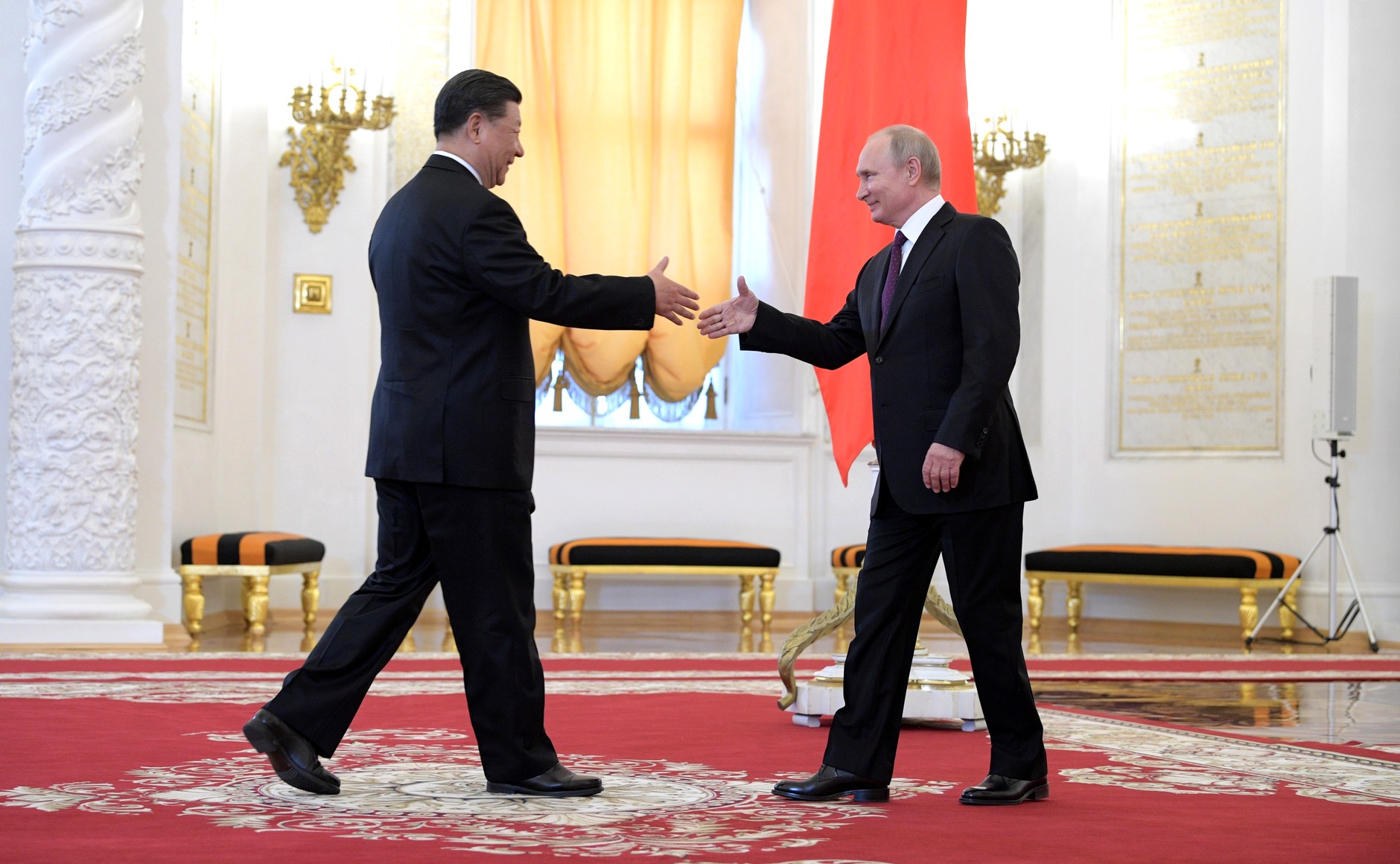The “shadow ships” that transport Russian oil to India and China

Despite Western sanctions, Russian oil continues to find buyers in China and India: the transport of the barrels is entrusted to a "shadow fleet" of tankers. What emerges from a survey by Cnn
In defiance of the sanctions and the price cap imposed by the G7, Moscow's oil continues to be exported quietly, also thanks to complacent buyers such as China and India who are hoarding its crude oil. But if Russian exports hold up, it is above all due to a "shadow fleet" of tankers who operate in complete opacity, ensuring that Russian oil reaches its destination.
Moscow's oil-carrying shadow fleet
It is an in-depth article by CNN that reveals how Moscow's oil is still flowing peacefully from Russian wells to its final recipients.
If Western sanctions and the price cap mechanism have failed to have much impact on deliveries of crude oil by Russia, it is due, according to CNN, to a growing fleet of mysterious tankers which lend themselves willingly to facilitate exports of Fly.
CNN estimates, referring to the evaluation of some experts in the sector, that this shadow fleet can count on about six hundred vessels, equal to 10% of the world's total of large tankers.
Who is behind the shadow tankers?
Finding out who operates these tankers is a real puzzle, underlines Cnn. Due to restrictions imposed by the West, and fear of triggering sanctions, most Western shipping companies have stopped all operations with Russia.
This void has been filled by mystery players behind shell companies based in distant locations such as Dubai and Hong Kong. Some of these subjects bought tankers from Europeans, in other cases they limited themselves to buying old examples that otherwise would have been destined for scrapping.
This shadow fleet has gained increasing importance as Russia has stopped requesting the services of Western shipping companies and as flows of crude oil are increasingly being redirected to unscrupulous customers such as India and China.
The same distances to be covered to bring the crude to its destination require a greater number of tankers which the West no longer supplies but which these obscure operators willingly make available.
As Richard Matthews, director of research at EA Gibson, explained to CNN, "there is the fleet that is not conducting any business with Russia, and then there is the fleet that conducts business exclusively with Russia".
Destination India and China
The imposition of sanctions and price caps by the West has had the effect of profoundly restructuring the Russian energy market, which is increasingly tied to buyers located in Asia.
China alone increased imports by 19% compared to last year according to data from the International Energy Agency, bringing them to the record figure of 1.9 million barrels per day.
Even more disruptive was the increase in imports for India , which recorded a +800%, reaching 900,000 barrels per day.
There would theoretically be no restrictions on the delivery of this crude, provided that the price cap imposed by the G7 is respected. It is for this reason that about 36% of Russian oil trade that took place last January used the services of European companies.
This does not mean that the majority of European operators avoid this trade for fear of financial retaliation and that Moscow is trying to entrust the oil to other operators.
Among them are the owners of what Janiv Shah, a senior analyst at Rystad Energy, calls the "dark fleet" that until recently helped the highly sanctioned Venezuelan and Iranian oil industries find commercial outlets, in a phenomenon which, according to Shah, it's increasing in proportions day by day.
This is demonstrated by the monthly entry into this obscure fleet of between 25 and 35 tankers, most of which, according to Global Witness, involve anonymous buyers.
Who runs the shadow fleet?
This opaque trade is such precisely because the identity of the protagonists is not known.
However, according to Sergey Vakulenko, a former manager of a Russian oil company who is now a researcher at the Carnegie Endowment for International Peace, a portion of these tankers "have ties to the Russian state or to certain politically well-connected actors".
The European authorities are doing everything possible to put a patch on: last week the EU sanctioned Sun Ship Management, a subsidiary of the largest Russian shipping company, Sovcomflot, in light of its opaque exchanges whose ultimate beneficiary is the Federation Russian.
This is a machine translation from Italian language of a post published on Start Magazine at the URL https://www.startmag.it/mondo/russia-petroliere-flotta-ombra/ on Sat, 04 Mar 2023 08:53:37 +0000.
